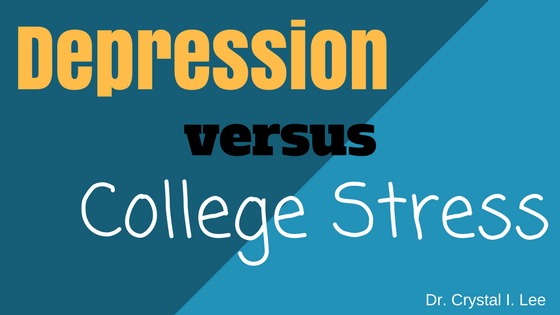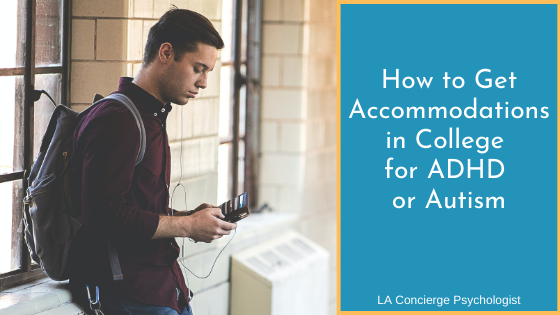We thought it was just normal stress from being in college…
Unfortunately, precursors to a major depressive episode and depression often masquerade as “just normal college stress”. Sadly, the parents quoted above learned this the hard way. If they or their daughter had known what to look for, she could have gotten the help she needed and avoided withdrawing from college. Learn what signs to look for and get help before things get bad.
Keep in mind that having just one or two of these changes doesn’t indicate depression. When there is an overwhelming change in behavior and mood for more than two weeks, then there may be some concern.
Changes in Mood
One of the most noticeable signs of depression is a change in mood. However, this is also a common sign of stress. Students who are stressed tend to have changes in mood in response to a direct cause. The change in mood is also time-limited in stress. It starts looking more like depression if the sadness, anger, or irritability is present for a prolonged period of time (two or more weeks)– long after any precipitating event.
Changes in Activity
Students in college often get too busy to engage in their favorite leisure activities. However, if there’s an actual lack of interest in things that used to spark passion, keep an eye out for other depressive symptoms. Also, people who are depressed literally start to move slower and can be very lethargic. However, this could be due to lack of sleep from pulling an all nighter or being out late with friends.
Changes in Social Habits
When it’s time to study for midterms and finals, students’ socializing naturally decreases because they’re focused on acing the test. It’s a red flag if a student starts isolating for no reason when they’re typically a social person. Excessive internet use and gaming can also be red flags. The student may be using that as a distraction from their depressive symptoms.
Changes in Sleeping Habits
Ever changing sleep habits is typical for college students. Things like varying schedules from day to day and staying up late to study or hang out with friends contribute to this. It’s also normative for students to have bad quality of sleep every once in awhile. It can be tough to get a good night’s sleep if your roommate is coming back to the dorm in the middle of the night or you’re worried about your midterm. However, significant changes in the ability to fall asleep, stay asleep, and get up in the morning without any reason are potential causes for concern.
Changes in Eating Habits
As with sleeping habits, changing eating habits and weight loss/gain is common for college students. It’s also common for students to eat significantly more or less when they’re stressed out. Things become a little concerning when students’ eating habits don’t return to their baseline after a couple of weeks.
Click here for more information on College Transition and Gap Year Consultation.
Still not sure if it’s depression or college stress? Contact Dr. Crystal I. Lee for a free 20 minute consultation to see how she can help.




